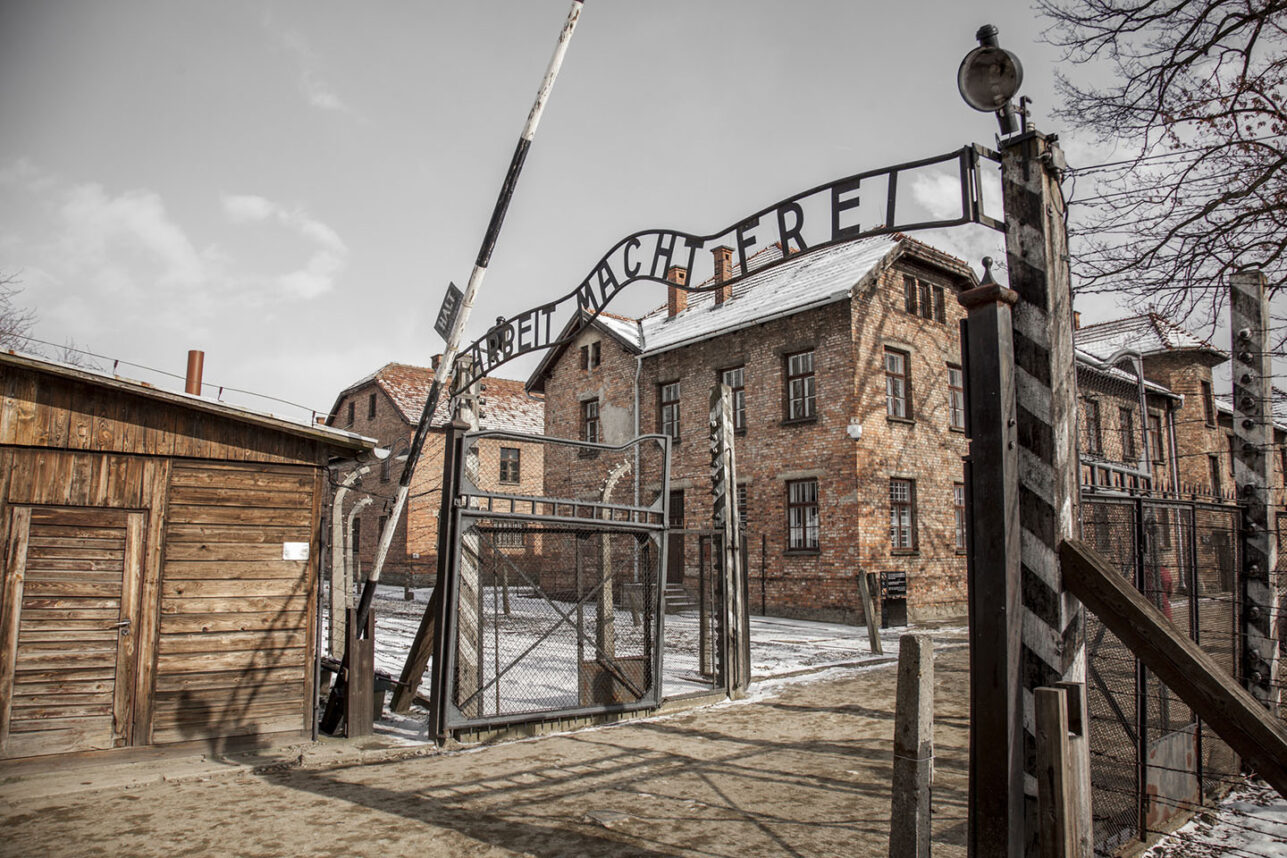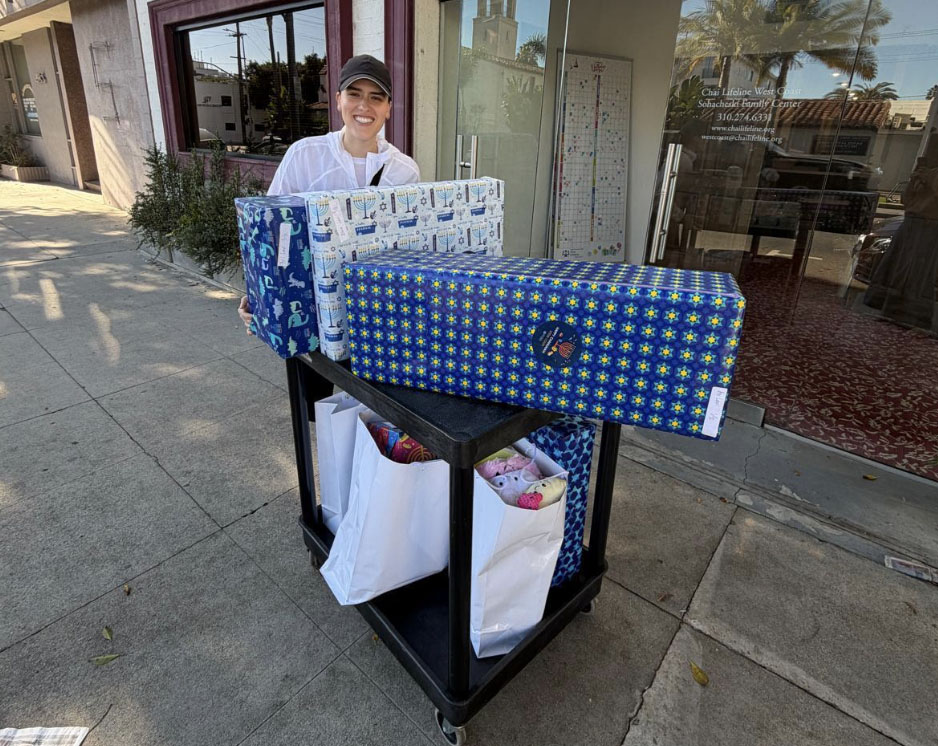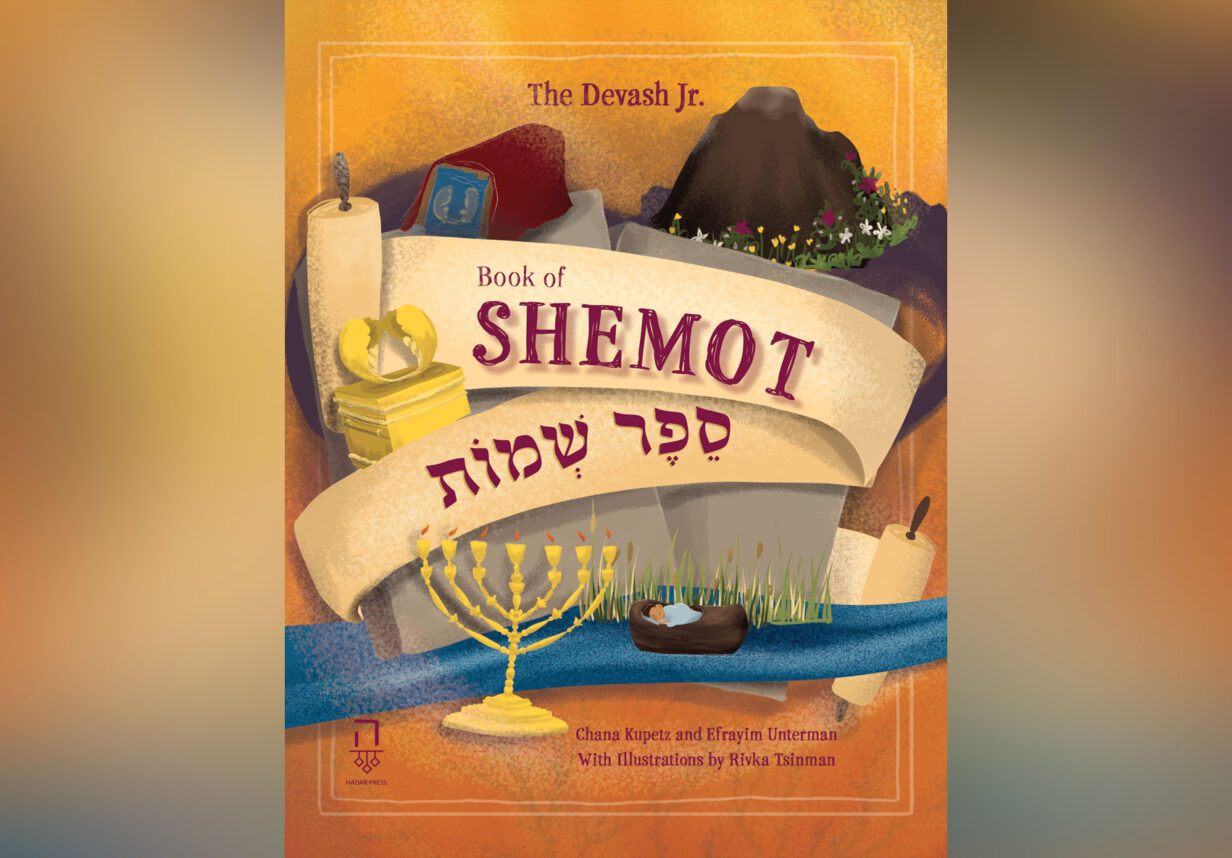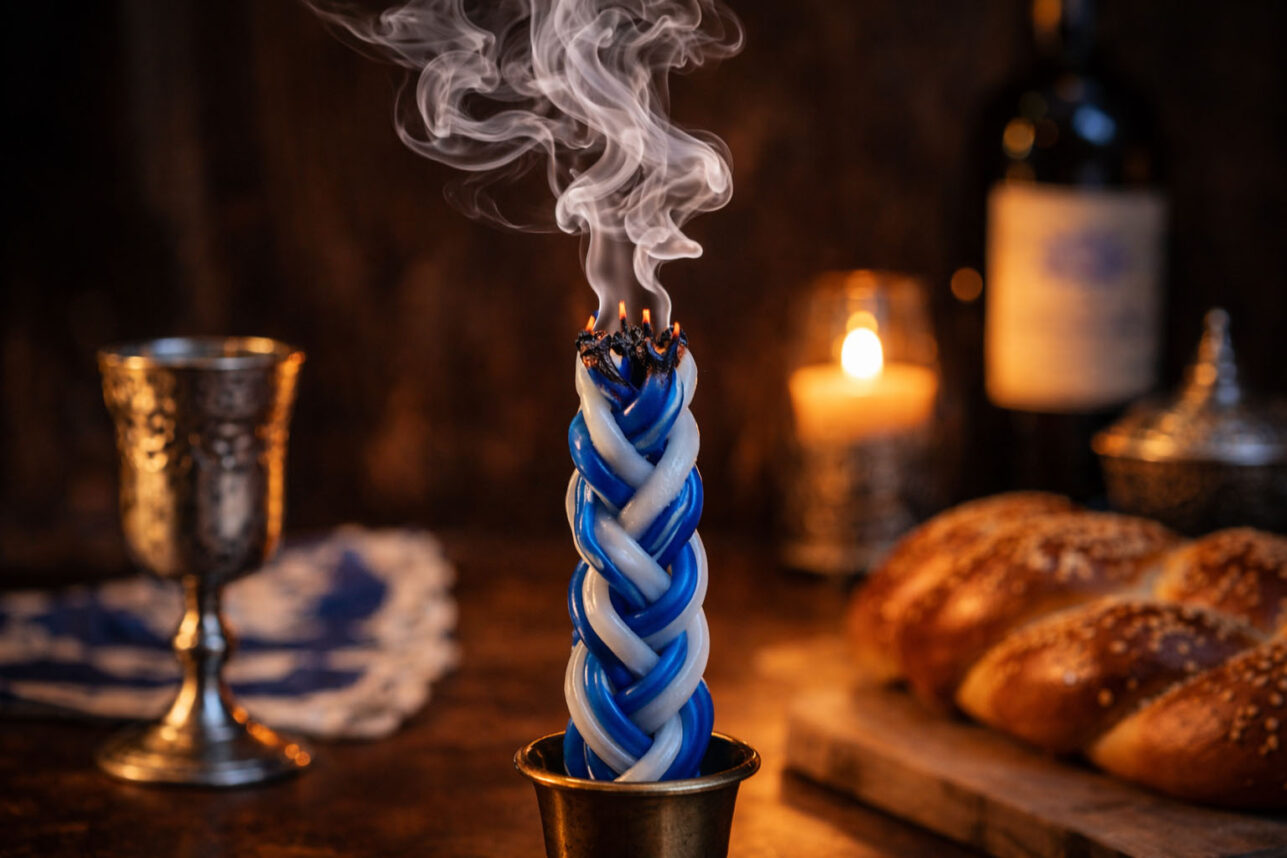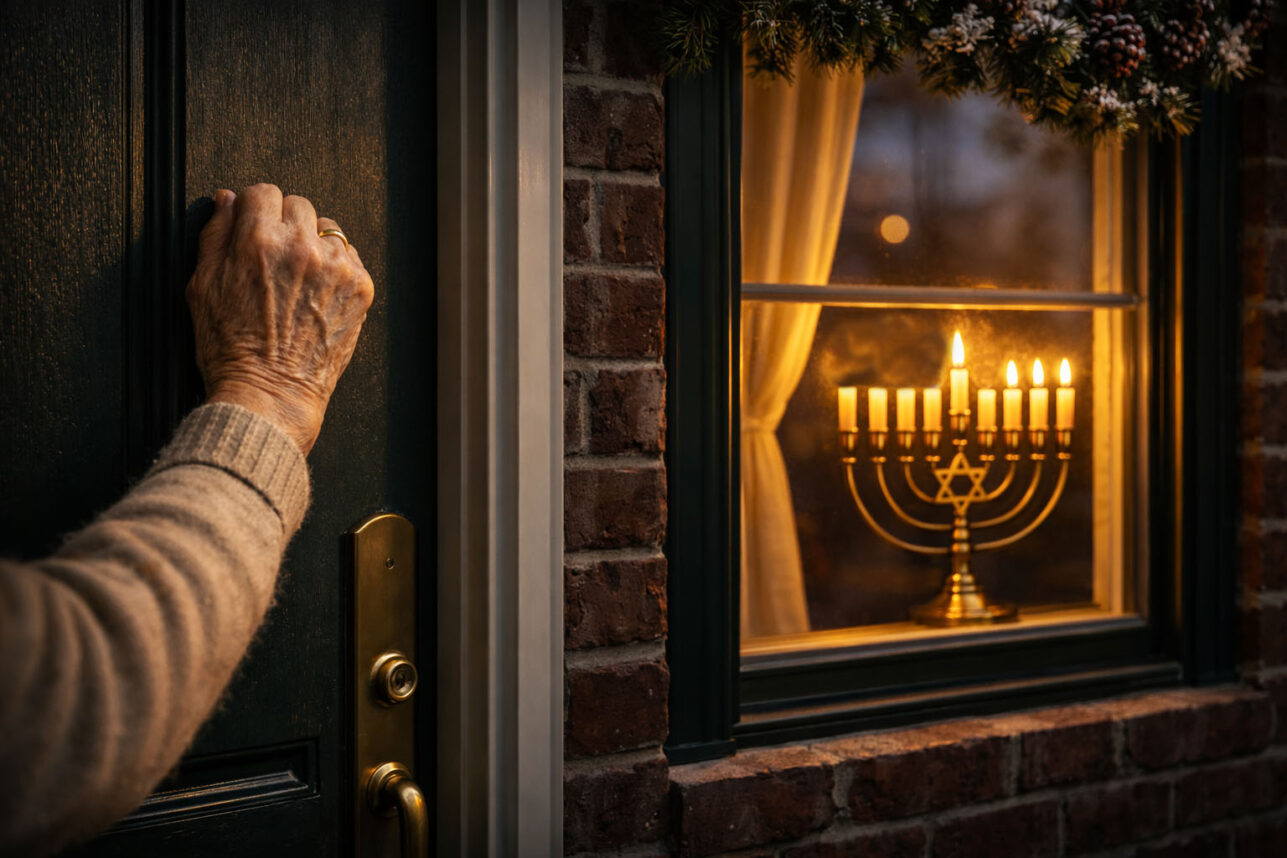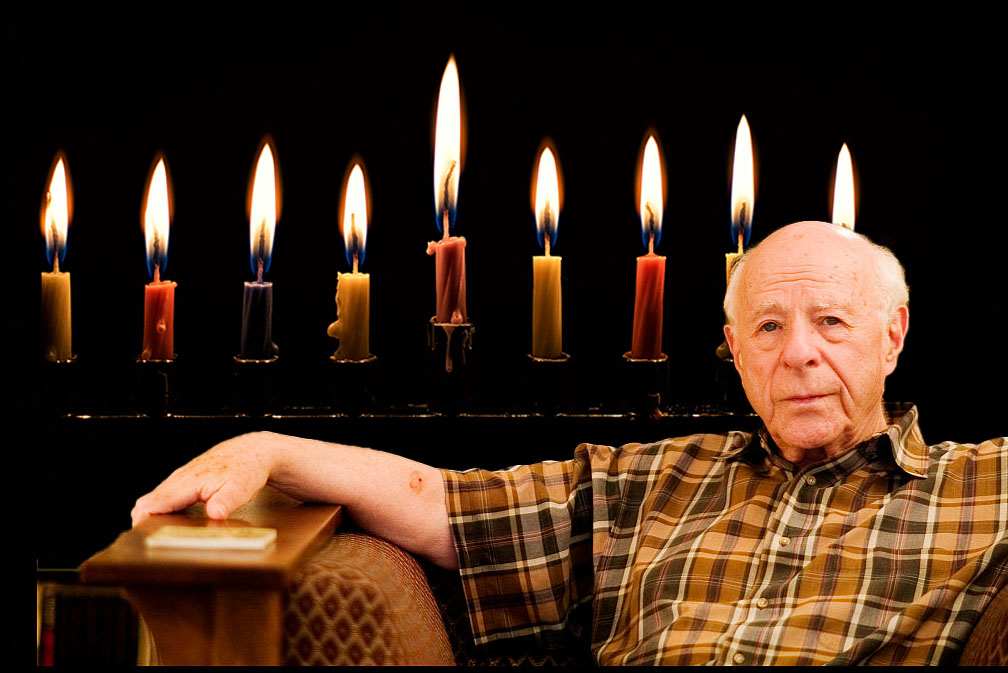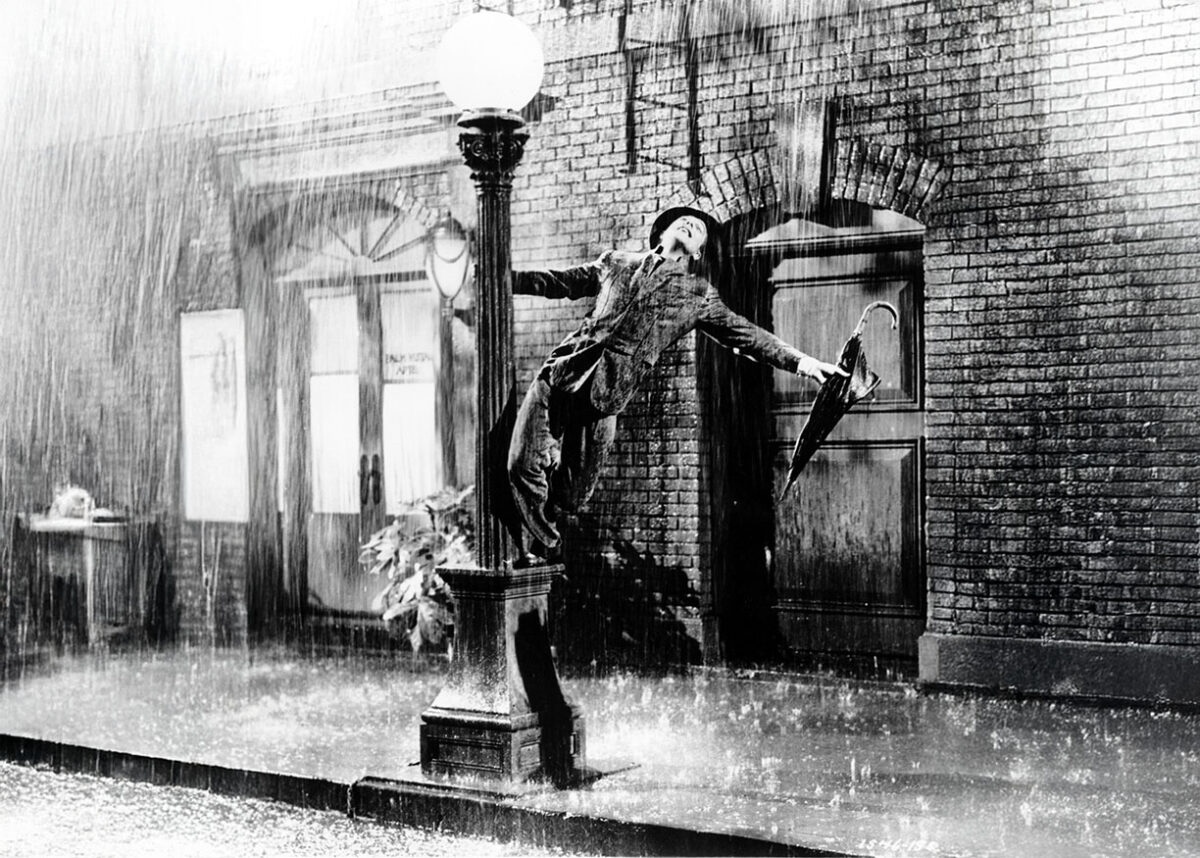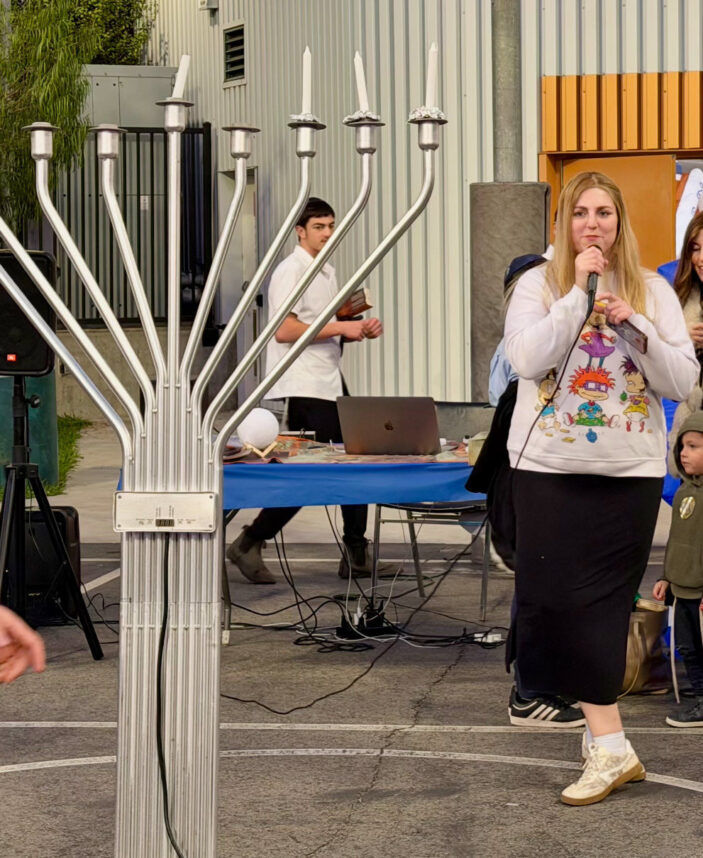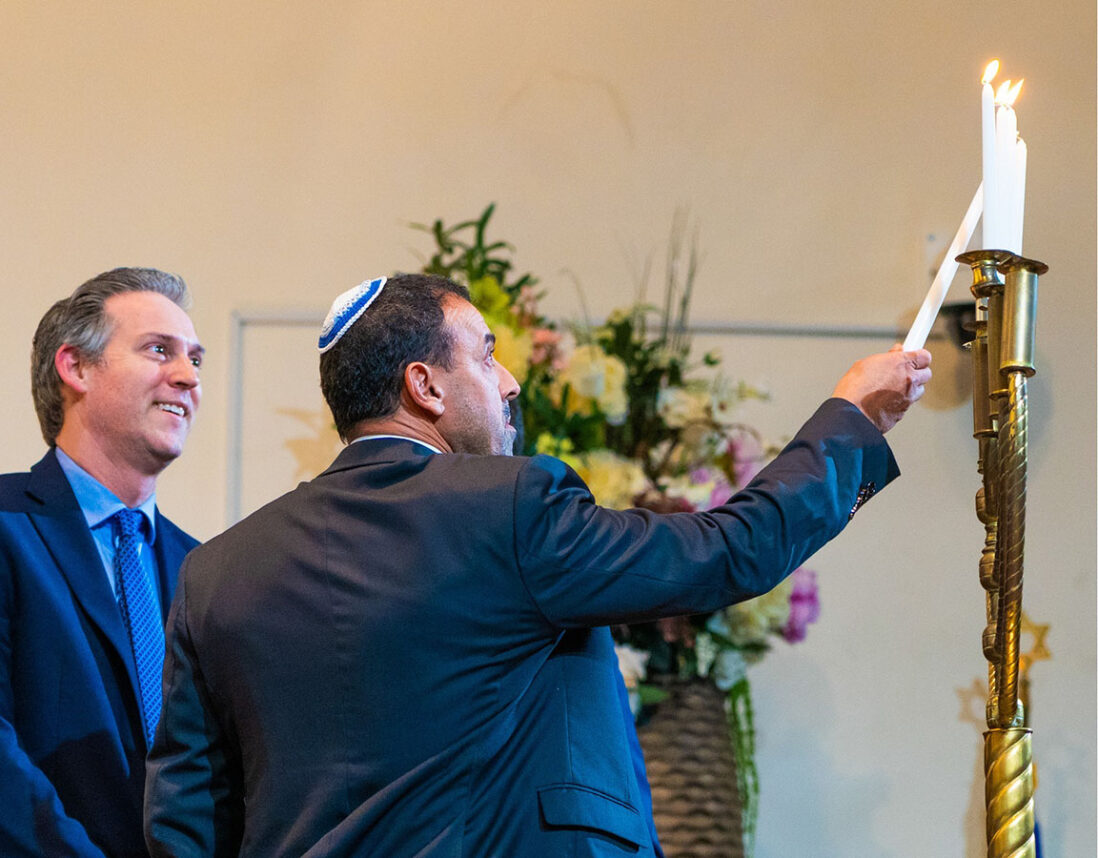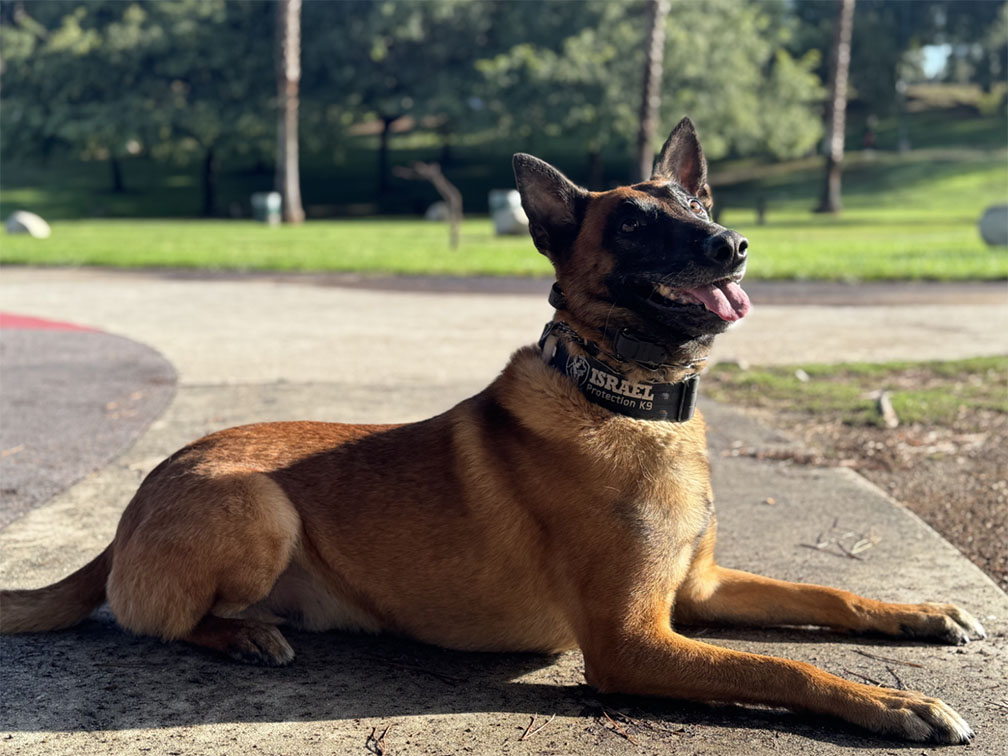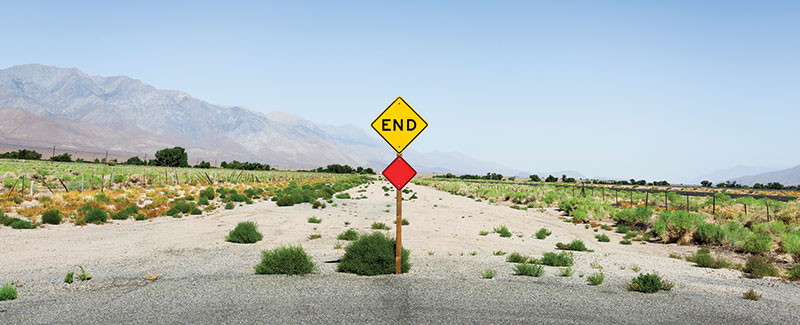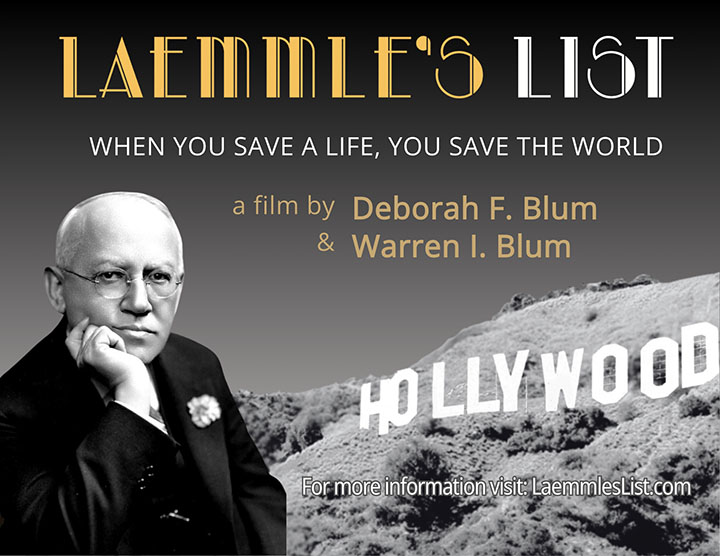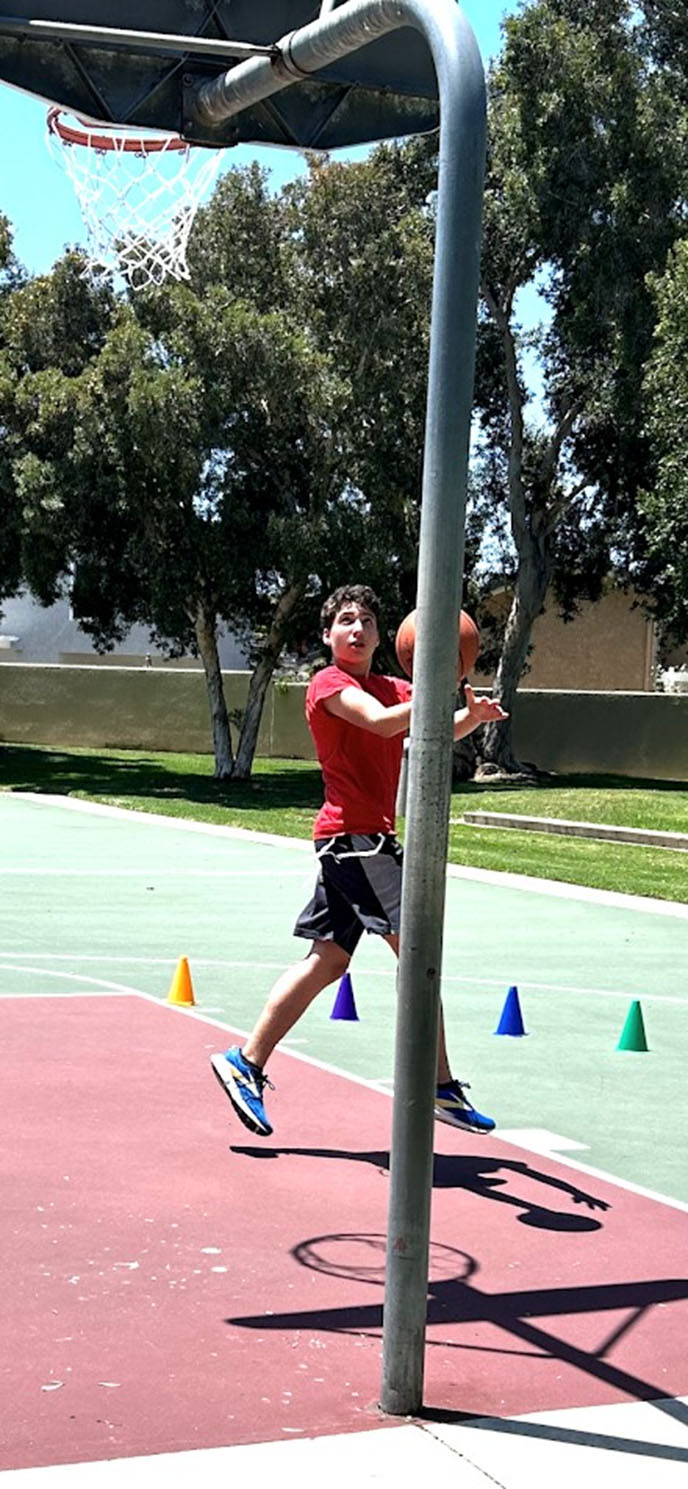
The maternal grandfather of Professor Daniel Boyarin
who frequently explored
his neighborhood on mornings of Shabbat discussing
what he most adored,
the Talmud, which he called our Jewish homeland, said
his teacher used to praise
the way that gentile children enjoyed jumping, adding that
he wished all Jews would raise
their children to love jumping like
the children of the goyim,
while merely as the audience of jumping games
he seemed to enjoy them.
He used to ask, “What would it hurt us to
jump just a little?”
a question which this Litvak being non-hasidic would
not write on any kvitel.
He may have thought that jumping is more highly thought of
by a gentile
than jumping to conclusions is for many Jews, a process
that is mental!
In “Walking and Learning on Shabbos with Prof. Haim Zalman Dimitrovsky, A tribute to one of the great Talmudists, and teachers, of the 20th century,” Tablet, 9/21/21, Daniel Boyarin writes:
My mother’s father was religious; he was a yeshiva bokher and had been a kind of iluyi in Telz. He was the stepson of a rosh yeshiva. The lineage went something like this: My great-grandmother was widowed, and I am not sure whether her husband died before my grandfather was born or soon after, but the rosh yeshiva of Telz had lost his wife, maybe in giving birth to the eventual great Rabbi Elimeir Bloch זצ”ל. They got married very soon after: The only home that my grandfather knew was the home of the rosh yeshiva, the Mahari”l Bloch זצ”ל. He referred to him as “my father” and to Elimeir as “my brother.”
My grandfather’s second wife, Frances, was my bubby from childhood; my biological grandmother died before I was born. My grandparents used to come to visit our farm in New Jersey once a month for the weekend, and every time they came, on Shabbos he would take me on a walk. He would tell me about the parsha of the week and about nature—he was in love with the seasons, the trees, the birds.
I think this love of nature was something that my grandfather brought with him from Lita. We think of the great yeshiva of Telz, and we imagine that it was some fantastic crenelated urban medieval structure like Jagiellonian University in Krakow. But this is not the case: Telz is a tiny little town, probably as big as Farmingdale, New Jersey. The building of the yeshiva, still standing, is about the size of a one-room schoolhouse, and five minutes from the yeshiva were woods and fields, where he remembered walking with his stepfather, the rosh yeshiva, on Shabbos.
That was really the first Torah I learned. Once, my grandfather told me, the rosh yeshiva (Rabbi Bloch זצ”ל) had said to him on one of those Shabbosim on seeing Gentile children playing, “What would it have hurt us to jump a little?” My love of lernen and my love of the world were conceived together and made powerful by those Shabbos walks in Farmingdale.
The term “kvitel “denotes a note with a petitionary prayer that a hasidic Jew may give to a rabbi, and that many non-hasidic Jews and even gentiles send to God by thrusting it into the spaces between the ashlars of the Western Wall in Jerusalem.
Gershon Hepner is a poet who has written over 25,000 poems on subjects ranging from music to literature, politics to Torah. He grew up in England and moved to Los Angeles in 1976. Using his varied interests and experiences, he has authored dozens of papers in medical and academic journals, and authored “Legal Friction: Law, Narrative, and Identity Politics in Biblical Israel.” He can be reached at gershonhepner@gmail.com.










